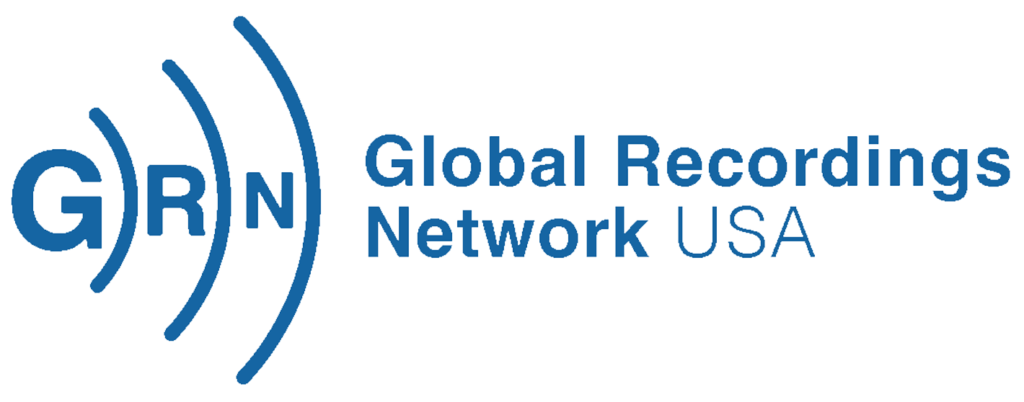October 1, 2025
The Most Spoken Languages Still Waiting for the Gospel
Imagine speaking the 50th most common language on Earth… and never once hearing John 3:16 in your own tongue.
That’s the silent reality for tens of millions around the world.
Even today, thousands of languages without the Bible remain underserved — some with no Scripture at all, others with only a handful of verses or short audio stories. It’s not just tiny tribal dialects; even widely spoken languages still lack full access to God’s Word.
Translation is accelerating, but the final frontier is the hardest: reaching the most spoken languages unreached by the Gospel — especially in oral cultures, isolated regions, and underserved populations.
Why Language Is Key to Gospel Access
The Heart Language Principle
Every person has a heart language — the one we dream in, cry in, pray in. It’s the language of our childhood, culture, and identity. While second languages can communicate ideas, they rarely reach the soul.
That’s why Scripture in the heart language is life-changing. It’s not just about accuracy; it’s about connection. When people hear God speak in their voice, barriers crumble and transformation begins.
Oral vs. Written Cultures
More than half of the world’s unreached people groups are part of oral cultures — communities where knowledge passes down through stories, music, and spoken word.
In these places:
-
Literacy may be low or non-existent.
-
A printed Bible may never be opened.
-
Audio Scripture and dramatized Bible stories are often the only way people can engage with God’s Word.
That’s why organizations like Global Recordings Network (GRN) focus not just on written translation, but on spoken, recorded, accessible Scripture.
Where We Stand in Bible Translation Today
Current Progress
Thanks to decades of work, there’s been extraordinary progress:
-
Over 776 languages now have a full Bible
-
1,798 have the New Testament
-
More than 4,000 languages have some portion of Scripture
-
Around 3,500 languages have active translation underway
Still Waiting: The Gap
But as of 2025:
-
544 languages have zero Scripture and no translation started — representing over 36 million people
-
Many more (over 1,700 languages) have translation begun, but nothing yet published
-
Even more lack access in formats they can actually use, especially in oral-first communities
The Role of Audio & Oral Recordings
Print alone isn’t enough. In oral cultures, audio recordings are the front line of Gospel access. Recordings can go where books can’t:
-
In countries with persecution or censorship
-
In areas with no written alphabet
-
Among those who simply can’t or won’t read
Which Large Languages Are Still Waiting?
Here’s where clarity matters: many of the world’s most spoken languages do have access through audio recordings on 5Fish and similar tools. That’s a huge step forward — but access isn’t the same as completion.
-
Some major languages have partial Scripture or audio resources, but no full Bible.
-
Others have recordings but not print, limiting discipleship or deeper study.
-
A few are just beginning the journey — with early audio seeds in place, but not yet the breadth of God’s Word.
This shows the challenge: progress has been made (praise God!), yet millions are still waiting for the full depth of Scripture in their heart language.
Why Are These Languages Still Underserved?
The short answer: it’s hard. The long answer includes:
-
Remote terrain: mountains, islands, jungles
-
Cultural/political restrictions: persecution, anti-conversion laws
-
No written script or limited literacy
-
Insufficient resources: not enough translators or funding
-
Civil unrest or conflict zones
-
Low visibility: some groups remain “off the radar”
Translation in these contexts takes years of immersion, relational trust, and sustained commitment.
The Opportunity & Urgency
These “last languages” are not just symbolic. Many represent hundreds of thousands — even millions — of people. Reaching them could mean:
-
Entire people groups gaining access to God’s Word
-
Gospel transmission into bordering dialects
-
Spiritual awakening among unengaged tribes
The window is short. Globalization is eroding language identity in some places. If we don’t act soon, some languages may be lost before they’re reached.
GRN’s Role in Reaching the Unreached Through Recordings
6,500+ Languages Already Recorded
Global Recordings Network is uniquely equipped to meet this challenge. With over 6,500 languages and dialects recorded on the 5Fish app, GRN is one of the most linguistically diverse ministries in the world.
Focus on Oral Learners and Minority Groups
GRN goes where few others go:
-
Oral-only cultures
-
Minority languages too small for full Bible projects
-
Regions with little or no infrastructure
Even when Bible translation hasn’t begun, GRN often has:
-
Gospel story recordings
-
Evangelism tools in native dialects
-
Audio resources that prepare the way for deeper Scripture work
What You Can Do to Help
Pray for Translation and Recording Teams
Pray for:
-
Safety and wisdom in volatile regions
-
Breakthroughs with local authorities and communities
-
Endurance and joy for translation and audio teams
Support Financially
Every dollar helps:
-
Fund equipment and travel
-
Support translators and field workers
-
Distribute recordings via app, solar players, or SD cards
Share the Need
Raise awareness. Share this article. Invite others to pray, give, and advocate. Few believers realize that hundreds of languages still lack the Word of God in their voice.
Conclusion
There are still millions of people who have never heard “For God so loved the world…” in their own language.
The work is urgent. The need is real. And the opportunity is eternal.
Together, we can help ensure that “languages without the Bible” becomes a thing of the past.
Explore 6,500+ recordings on 5Fish — and discover how many languages God’s Word is already reaching
Support new translations and recordings for those still waiting
Join us in prayer for the last languages to hear the Gospel
